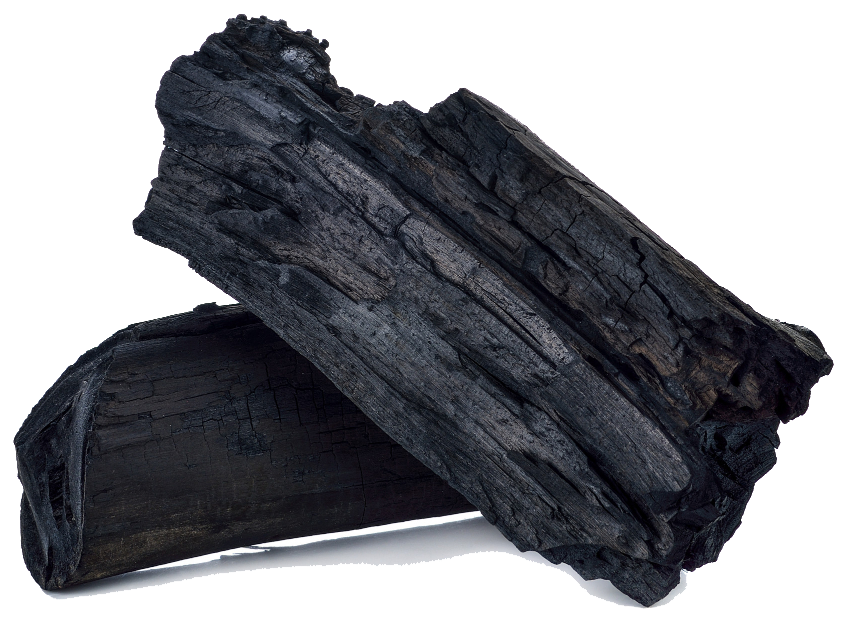
Root Charcoal
Root charcoal manufacturing is the process of creating charcoal using the roots of trees or other plant materials. This process involves collecting the roots, burning them in a controlled environment, and then processing and packaging the resulting charcoal for sale or use in various industries.
Root charcoal manufacturing can be an environmentally sustainable way to utilize plant materials that would otherwise go to waste. It can also provide a valuable source of income for communities that rely on natural resources for their livelihoods. However, it's essential to conduct root charcoal manufacturing responsibly and sustainably to minimize environmental impact and protect natural ecosystems.



